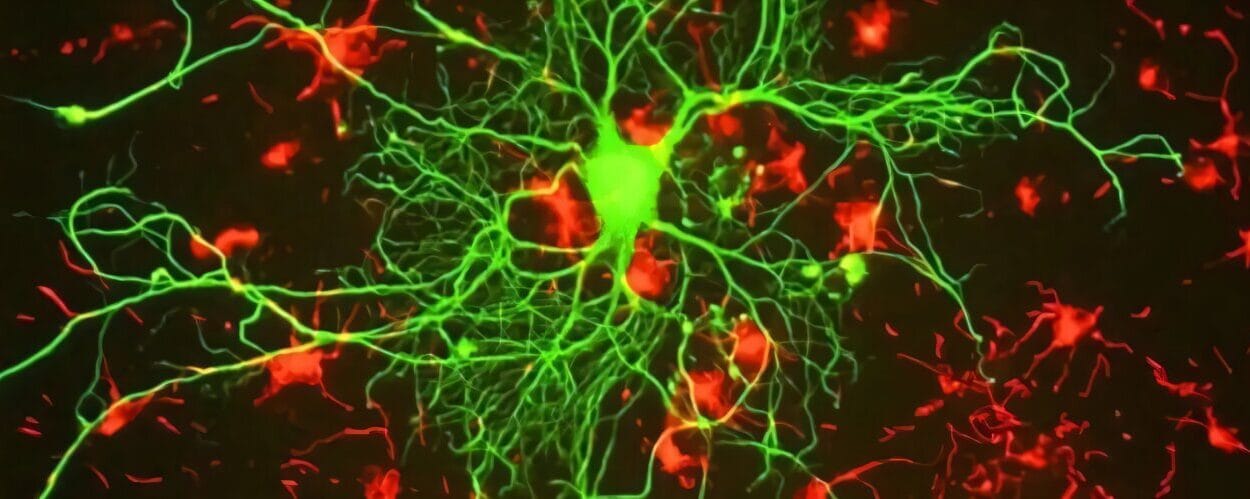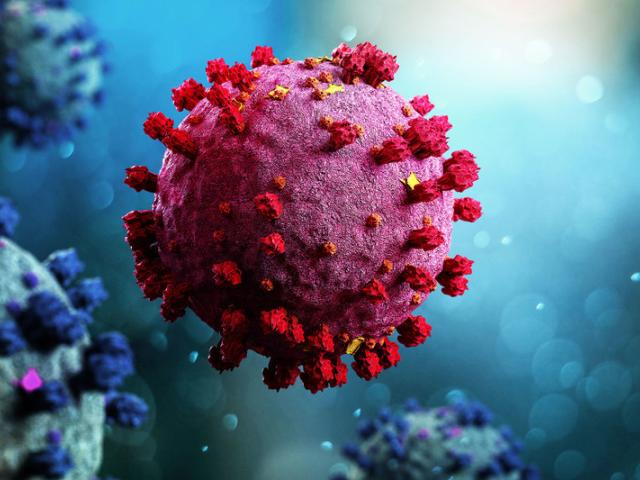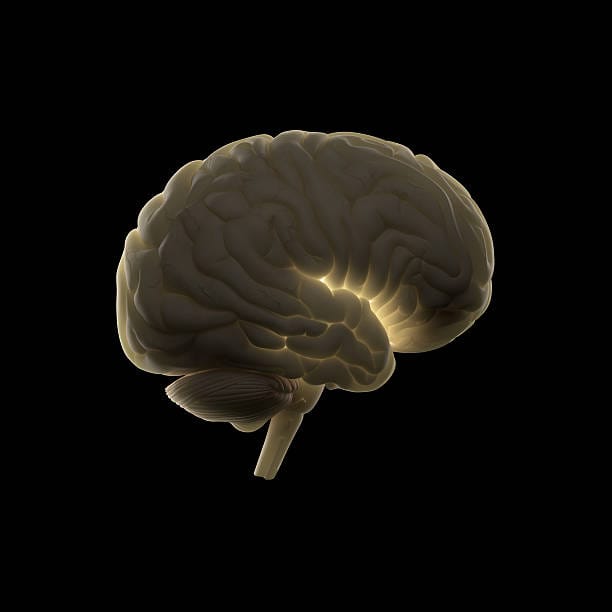A trio of cardiologists has reported a unique case of an adult man developing yellowish nodules on his hands, feet, and elbows after adopting the increasingly popular carnivore diet. The team, consisting of Dr. Konstantinos Marmagkiolis, Dr. Jaime Caballero, and Dr. Cezar Iliescu, hailing from Tampa General Hospital and MD Anderson Cancer Center at the University of Texas, published their findings in JAMA Cardiology, shedding light on the potential health risks of extreme dietary practices.
The Patient’s Journey and Diagnosis
The patient, a man in his 40s, arrived at Tampa General Hospital with a peculiar complaint: the development of yellowish nodules on various parts of his body, including the palms of his hands, soles of his feet, and elbows. These nodules had first appeared about three weeks before his hospital visit, prompting the patient to seek medical attention.
Upon further questioning, the doctors learned that the patient had started the carnivore diet approximately eight months prior to the onset of the nodules. This extreme diet, which focuses exclusively on consuming animal products—mainly fatty meats, fish, and animal fats—limits or entirely excludes plant-based foods. The patient’s eating habits on the diet were extreme, as he reported consuming nearly 10 pounds of butter, cheese, and other high-fat foods every day. In fact, he even added extra fat to his daily hamburgers. The overwhelming intake of animal fats led to a startling imbalance in his body’s cholesterol levels.
Xanthelasma: The Diagnosis
Blood tests conducted during the patient’s visit revealed cholesterol levels that were about four times the normal range, a concerning indicator of potential metabolic disturbances. Based on the combination of clinical symptoms and laboratory findings, the doctors diagnosed the patient with xanthelasma.
Xanthelasma is a condition in which yellowish cholesterol deposits accumulate in the skin, typically near the eyes, but in this case, they appeared on the palms, feet, and elbows. These deposits are a result of hyperlipidemia, or elevated cholesterol levels in the blood, leading to the formation of fatty deposits on the skin. In the patient’s case, the cholesterol buildup had become so severe that some of it had started to push through cracks in the skin, a sign that the condition had progressed beyond the early stages.
The doctors explained to the patient that although a reduction in fat intake would help manage his cholesterol levels, the existing yellow nodules would not disappear on their own. Surgical excision or cryotherapy (burning the nodules with liquid nitrogen) would be necessary to remove the nodules.
The Risks of Excessive Fat Intake
While the patient was advised to reduce his fat intake as a first step in addressing his elevated cholesterol levels, the cardiologists also warned him of the more significant long-term health risks posed by his dietary habits. The primary concern was the impact of such extreme cholesterol levels on his overall cardiovascular health.
Excessively high cholesterol, especially when driven by the carnivore diet’s focus on high-fat animal products, can dramatically increase the risk of heart disease, stroke, and liver issues. The buildup of cholesterol in the arteries can lead to atherosclerosis, a condition where plaque forms inside the blood vessels, narrowing them and potentially leading to dangerous cardiovascular events like heart attacks or strokes. Additionally, prolonged hypercholesterolemia can damage the liver, impairing its ability to function effectively.
The doctors were especially concerned about the potential for other long-term health complications associated with a high-fat, low-carbohydrate diet like the carnivore diet. While some proponents of the diet claim benefits in terms of weight loss and mental clarity, these benefits must be weighed against the potential harms, particularly in individuals prone to high cholesterol or those who already have other risk factors for cardiovascular disease.
The Broader Impact of the Carnivore Diet
This case highlights a broader issue in modern health and nutrition: the growing popularity of extreme dietary trends and their potential long-term consequences. The carnivore diet, which has gained traction in certain health circles as a solution for everything from weight loss to autoimmune disorders, can have significant repercussions on metabolic health if not carefully monitored.
Though some individuals report success with the carnivore diet in terms of weight management or symptom relief from certain chronic conditions, it is crucial to recognize that not all diets are suitable for everyone. Diets that excessively emphasize specific macronutrients, such as animal fats in the case of the carnivore diet, can lead to nutrient imbalances and health complications.
Experts emphasize the importance of a balanced diet rich in diverse nutrients from both animal and plant sources. A well-rounded diet, including healthy fats, proteins, and carbohydrates from a variety of sources, helps maintain optimal metabolic function and reduces the risk of conditions like high cholesterol, cardiovascular disease, and diabetes.
A Wake-Up Call for Carnivore Diet Followers
This case of xanthelasma associated with the carnivore diet serves as an important reminder of the potential consequences of extreme dietary restrictions. While the carnivore diet may have anecdotal success stories, individuals should be aware of the potential risks—especially when it comes to long-term cardiovascular health.
For those following or considering the carnivore diet, it is essential to monitor not only their cholesterol levels but also their overall health through regular check-ups with healthcare providers. A healthcare professional can offer guidance on how to modify the diet to reduce risks, such as by including some plant-based foods to balance the intake of fats and maintain cardiovascular health.
In summary, while the carnivore diet may appeal to some for its simplicity or perceived health benefits, it is not without its risks. This case serves as a cautionary tale, illustrating how dietary choices—particularly those that involve high levels of saturated fats—can have serious health consequences, including the development of conditions like xanthelasma and the potential for more severe cardiovascular problems down the line. As always, moderation and balance remain key components of a healthy lifestyle.
Reference: Konstantinos Marmagkiolis et al, Yellowish Nodules on a Man Consuming a Carnivore Diet, JAMA Cardiology (2025). DOI: 10.1001/jamacardio.2024.5209






